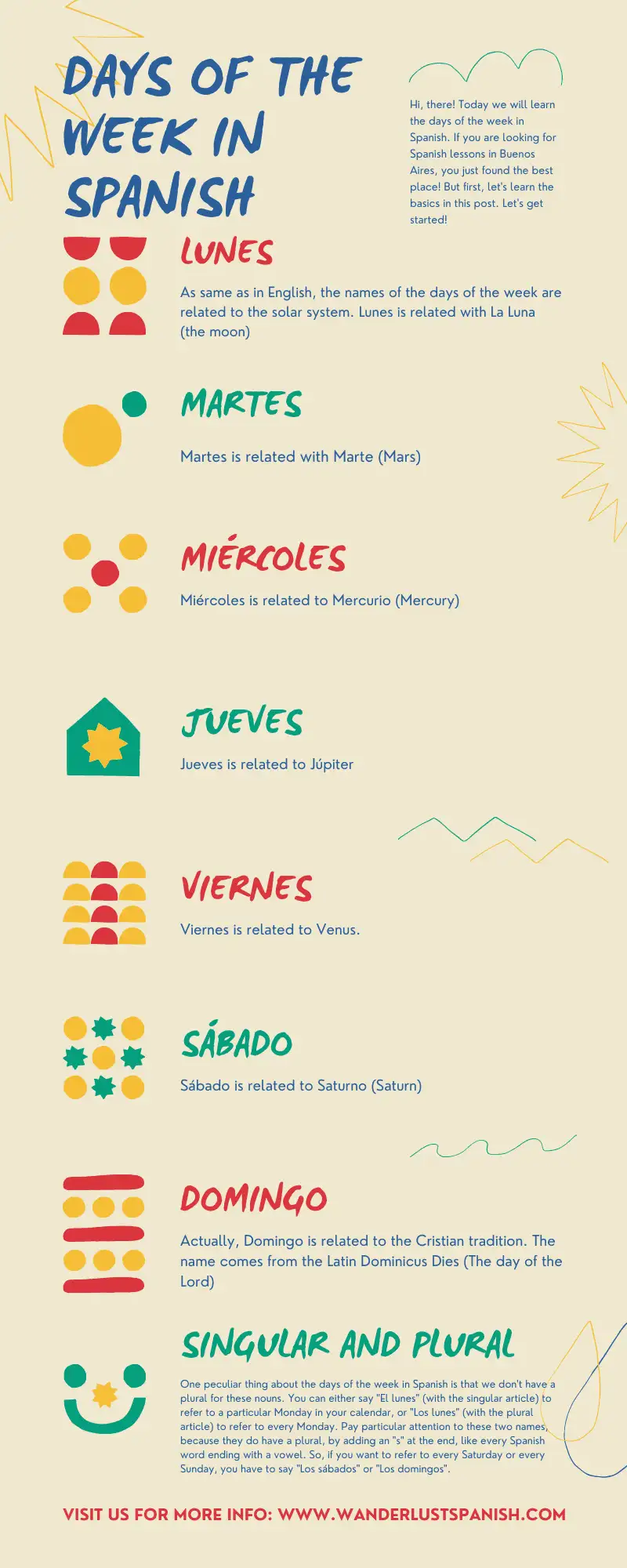How to say the wh Questions in Spanish? The wh Questions in Spanish are very easy. They also have a similar way to remember them. Instead of using the “wh”, in Spanish, we use the “Qu”. Let’s learn some Spanish with these very important words!
Before we start, a little clarification. In Spanish, the question mark goes at the beginning and at the end of the question. That’s because we don’t use auxiliary verbs. So, we need a graphic mark at the beginning of the questions when we read, to know how to tone the sentence.
Also, all the interrogatives goes with a graphic accent (´): qué, cuál, cómo, cuánto, cuánta, cuántos, cuántas, por qué, cuándo, quién.
Wh Questions in Spanish with examples
Contents
Maybe the more important Wh Question is “What?“. And it’s also the most tricky in Spanish. Let’s start from here so that the rest of the journey be more light. In Spanish, we have two translations of “What?”. One is “¿Qué?” and the other one is “¿Cuál?”. In some cases, the translation of “¿Cuál?” is “Which?“. But, what’s the difference? Okay, let’s see some examples.
You use “¿Qué?” when you ask for information and the answer includes a definition.
What is the "milanesa"? = ¿Qué es la milanesa?
You use “¿Cuál?” when you ask for information and the answer includes a name (or a proper name).
What is your favorite place in the world? = ¿Cuál es tu lugar favorito en el mundo?
Both “¿Qué?” y “¿Cuál?” can be used to pick an element from a group.
Which sport do you like more? = ¿Qué deporte te gusta más? or ¿Cuál deporte te gusta más?
When what and which are alone in the sentence (without a noun next to them)
When “¿Qué?” and “¿Cuál?” are alone in the sentence (without a noun next to them), “¿Qué?” is used to choose an element from a heterogeneous group and “¿Cuál?”, to choose an element from a homogeneous group. Let’s see an example!
What do you want to do? Go for a walk or take a nap? = ¿Qué quieres hacer? ¿Salir a pasear o dormir una siesta? Listen to these two philosophers, which one do you like the most? = Escucha a estos dos filósofos ¿Cuál te gusta más?
Ok, we are finished with “Qué” y “Cuál”. Let’s go with the other ones. Now that we already went through this, you’ve realized how easy the rest is.
Wh Questions in Spanish: part 2
Let’s continue with “How?“. In Spanish, we say “¿Cómo?”. Here are some examples:
How are you? = ¿Cómo estás? How do you feel? = ¿Cómo te sientes?
There’s a few exceptions when the English “How?” is not translated as “¿Cómo?”. Here they are:
How old are you? = ¿Cuántos años tienes? This is because the way to ask about age in Spanish is different. Literally, we ask "How many years do you have?" How long is the trip? = ¿Cuán largo es el viaje? or ¿Qué tan largo es el viaje? This is because you're adding an adjective after how, in order to know an "amount" of the adjective.
There are two more translations for “How?”. One is “¿Cuánto?”. This means “How much?”. For example:
How much does this coffee cost? = ¿Cuánto cuesta este café?
The other one is “How many?”. The translation of this is also “¿Cuánto?” but only if the noun that follows is singular and masculine. When the noun is feminine we say “¿Cuánta?” and if they are plural we say “¿Cuántos?” o “¿Cuántas?”. Let’s see some examples!
How much wine did you drink? = ¿Cuánto vino tomaste? How much beer did you have? = ¿Cuánta cerveza tomaste? How many choripanes did you eat? = ¿Cuántos choripanes comiste? How many pizzas did you eat? = ¿Cuántas pizzas comiste?
Wh Questions in Spanish: part 3
Ok, now we’re not lying. Let’s go with the easy ones. Let’s start with “Who?”. “Who?” has two translations, depending on if you’re asking about one or more than one person. Translations are “¿Quién?” or “¿Quiénes?”.
Who is she? = ¿Quién es ella? Who are they? = ¿Quiénes son ellas?
Let’s continue with “When?”. In Spanish we say “¿Cuándo?”.
When is the party? = ¿Cuándo es la fiesta?
And finally “Why?”. In Spanish we say “¿Por qué?”.
Why do you want to learn Spanish? = ¿Por qué quieres aprender español? And the answer goes like: ¡Quiero aprender español porque (one word without accent) Wanderlust tiene los mejores planes para mí!
We hope that after this, you can feel more comfortable with the uses of the Wh Questions in Spanish. Contact us and get your trial lessons. See you in the next post!









